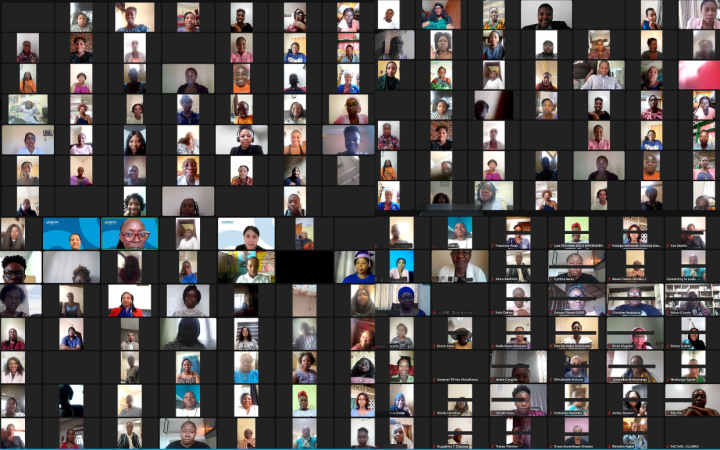Australia’s biggest study into racism data has been published as part of a nation-first project that aims to better understand racism, its prevalence in society, and the impact on people who are targeted.
The study focuses on data collected nationally in Australia, with a specific focus on Victoria and was conducted by the Centre for Resilient and Inclusive Societies (CRIS).
Project co-lead Dr Jehonathan Ben of the Alfred Deakin Institute undertook the research alongside fellow Deakin researchers Dr Amanuel Elias, Professor Fethi Mansouri, Dr Jessica Walton and Professor Yin Paradies, and researchers from Western Sydney University and Monash University.
Dr Ben said data held the key to understanding how people who experience racism are impacted physically, emotionally, and economically. It could also be used to map key perpetrator demographics to better inform intervention programs and policies to counteract racism.
The research follows the establishment of a new Anti-Racism Taskforce by the Victorian Government and the development of a new Anti-Racism Strategy.
“Our aim was to find out what data currently exists on racism in Australia and what the gaps in the data are,” Dr Ben said.
“Australia, and particularly Melbourne, are often promoted as multicultural places, but we know that some people are treated differently based on their skin colour, cultural background, or religious beliefs.
“Policymakers, community organisations, and anti-racism institutions now know that effective anti-racism initiatives rely on high-quality data that shows where it is occurring, and who the targets and perpetrators tend to be.
“By better understanding who the perpetrators are, we can target education and anti-racism interventions to counter those racist beliefs or behaviours. Likewise, if we know who the targets are and how they are impacted, we can cater our response to support those people.”
The report, Identifying and filling racism data gaps in Victoria, released this month, examined data from 42 survey-based quantitative studies and 13 ongoing government and non-government data collection initiatives.
It found eight key gaps in the existing racism-related data in Australia. This included how young people aged under 18 experienced racism, the settings in which racism occurred such as in the media, the sports field, online, or financial settings.
It also found more information was needed to identify the ramifications of racism on people’s physical and mental health, their employment opportunities and income, or their risk of substance abuse.
Dr Ben said little was known about how people’s experience of racism changed over their lifetime, or the forms racism took when it was enacted more broadly, and structurally in the community.
“Our research is Australia’s most comprehensive racism data study to date, and it found many gaps in racism-related data in Australia. These urgently need to be addressed if we are to formulate an effective policy response,” Dr Ben said.
“Particularly in Victoria, we found there were no long-term Victorian-focused data studies into racism, and a commitment needs to be made within the state to collect data on racism over the long term through research and routine initiatives. These also need to be coordinated and better resourced.”
The report makes four recommendations on how to bridge data gaps to improve Australia’s understanding of racism. These include improving policies related to the collection, analysis, reporting and overall management of racism-related data.
The Centre for Resilient and Inclusive Societies (CRIS):
The Centre for Resilient and Inclusive Societies (CRIS) is an independent think-tank hosted by the Alfred Deakin Institute for Citizenship and Globalisation (ADI), that conducts research into some of the trickiest challenges that our society is facing – racism, societal division, systemic bias and disadvantage, economic inequities, extremism, and discrimination.
CRIS produces robust evidence and rigorous analysis that shapes policies for social inclusion and resilience and supports people and communities working in these fields. At the heart of the CRIS approach is a genuinely inclusive and collaborative practice with partnerships established and sustained with many organisations working on the ground. CRIS works with communities at all stages of the research process, from design to dissemination.








